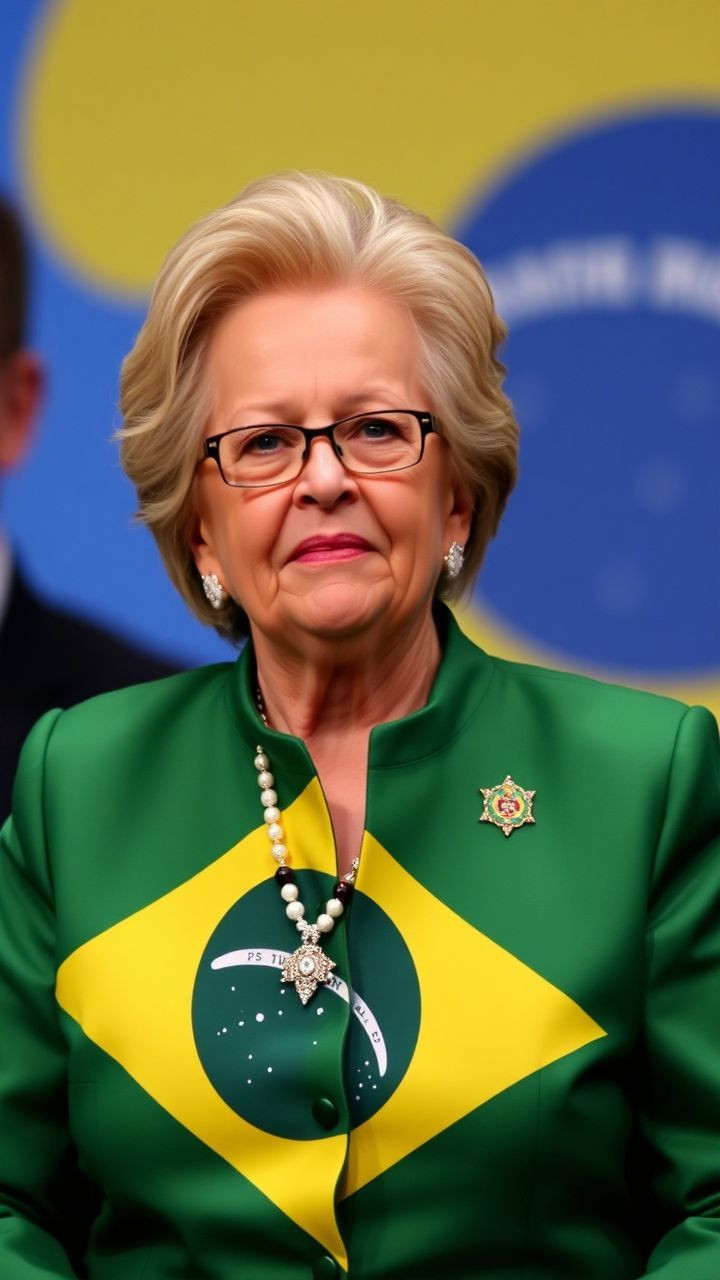
Cambodia Passes Landmark Law Against Khmer Rouge Genocide Denial A Step Towards Justice
Cambodia Passes Landmark Law Against Khmer Rouge Genocide Denial A Step Towards Justice
Title Cambodia Passes Landmark Law Against Khmer Rouge Genocide Denial A Step Towards Justice
In a significant milestone towards justice and historical accountability, Cambodian lawmakers have approved a groundbreaking law making it illegal to deny or condone the atrocities committed by the Khmer Rouge regime in the 1970s. The ultra-communist movement, led by Pol Pot, left a devastating trail of destruction, resulting in the deaths of approximately two million people through starvation, torture, forced labor, and mass executions.
The Law A Beacon of Justice
The seven-article bill is designed to provide justice for victims of the Khmer Rouge and prevent such atrocities from returning in Cambodia. Under this landmark legislation, anyone who denies or condones the atrocities committed by the Khmer Rouge can be sentenced to one to five years' imprisonment and face fines ranging from $2,500 to $125,000.
A Call to Action Seeking Justice and Accountability
The bill's definition of atrocities includes genocide, crimes against humanity, and war crimes, which were prosecuted by a UN-backed court in the case of top Khmer Rouge leaders nine years ago. The adoption of this draft law comes ahead of the 50th anniversary of the Khmer Rouge takeover of Cambodia in mid-April.
Historical Context Understanding the Brutality
The Khmer Rouge regime was notorious for its brutal suppression of political dissidents, intellectuals, and anyone perceived as a threat to their power. A UN-backed tribunal found two top Khmer Rouge leaders guilty of genocide in a landmark ruling in 2018, acknowledging the scale of atrocities committed during this period.
International Comparisons Learning from History
Similar laws have been enacted in Germany, Austria, and France, making it illegal to deny the genocide committed by Adolf Hitler's regime in the 1930s and 1940s. These laws demonstrate that acknowledging and learning from past atrocities is essential for healing and reconciliation.
The Future of Justice A Path Towards Reconciliation
As Cambodia moves forward with this landmark legislation, it paves the way for a more just and equitable society. The law sends a powerful message that denying or condoning such atrocities will not be tolerated. It also highlights the importance of acknowledging and learning from past events to prevent similar tragedies from occurring in the future.
Conclusion A Step Towards Justice
The passage of this law marks a significant milestone in Cambodia's journey towards justice, reconciliation, and peace. As we look to the future, it is crucial that we remember the lessons of history and work towards creating a more just and equitable world for all.
Keywords Khmer Rouge, genocide denial, Cambodian lawmakers, justice, historical accountability, industrial designers, innovation


